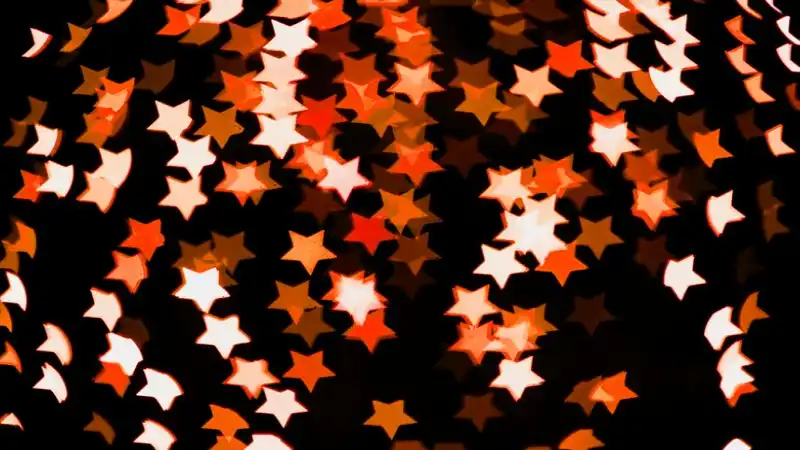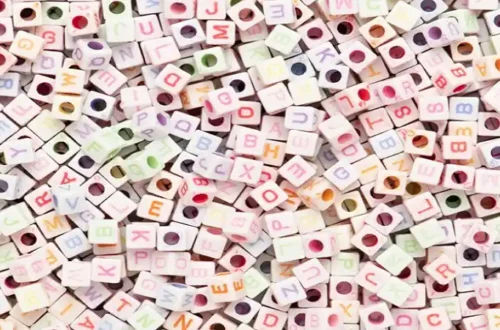In recent years, the rise of online content creators has significantly reshaped how entertainment, art, and educational materials are shared, consumed, and monetized. Among the most influential platforms facilitating this shift is Patreon, a service that allows creators to earn a steady income by offering exclusive content to their supporters. However, as with any platform that involves money and access to exclusive content, the risk of leaks and breaches has become a growing concern. Maplestar Patreon Leak
One such leak that has gained attention in the online community is the “Maplestar Patreon leak.” In this article, we will explore the specifics of the leak, its impact on Maplestar, the broader implications for creators on Patreon, and the measures that can be taken to prevent similar incidents in the future.
What is the Maplestar Patreon Leak?
To understand the significance of the Maplestar Patreon leak, we first need to introduce Maplestar and her presence on the platform. Maplestar is a content creator known for her engaging posts, art, and exclusive media shared with her Patreon supporters. With a loyal following, she has built a reputation for providing high-quality content ranging from visual art to behind-the-scenes footage of her creative process.
The Maplestar Patreon leak refers to the unauthorized release of exclusive content from her Patreon account. This content, which was originally intended only for paying patrons, made its way to public forums and websites without the consent of the creator. The leak included various types of media, including exclusive videos, artwork, and other digital products that were only accessible to those who paid for access.
While leaks of this nature are not unique to Maplestar, the incident drew significant attention because of her popularity and the nature of the content involved. For content creators, the Patreon platform represents not just a source of income but also a space to interact with their most dedicated fans. A leak like this can be devastating, both financially and emotionally.
The Impact on Maplestar
For Maplestar, the leak represented a breach of trust between her and her supporters. Content creators on Patreon rely on the platform’s paywall to ensure that their hard work is protected and compensated. When content is leaked, the creator faces a direct loss of income, as potential patrons may no longer see the value in paying for access when they can obtain the same content for free through other channels.
Furthermore, the leak tarnishes the exclusivity of the content. Patreon is built on the idea that patrons receive unique and special access to content that is not available elsewhere. When that content is made public, it diminishes the perceived value of future content and damages the creator’s reputation.
The emotional toll of such an event cannot be underestimated either. Many creators pour hours of labor into their work, knowing that it will be shared with a select group of supporters. A leak can feel like a violation of this personal connection. Creators may question their ability to trust their audience or the security of the platform itself.
How Do Leaks Happen?
Leaks like the Maplestar Patreon incident occur when there are weaknesses in the security measures of the platform or the way content is shared. In the case of Patreon, most leaks happen due to one or more of the following reasons:
1. Account Sharing and Reselling
One of the most common causes of leaks is account sharing. Patrons who gain access to exclusive content may choose to share it with others, either through direct messaging or by reselling access to the content. Some individuals may even go as far as to create fake accounts to access exclusive content, only to leak it later. This can lead to the unintended distribution of sensitive media across the web.
2. Data Breaches
While Patreon takes significant measures to protect its users, no platform is immune to security breaches. In rare cases, leaks can occur as a result of vulnerabilities in the platform’s infrastructure. Hackers may gain unauthorized access to creator accounts or Patreon’s database and steal the content. Although Patreon employs encryption and other security practices, high-profile leaks have occasionally made headlines, raising concerns about data protection.
3. Third-Party Websites
Leaks can also originate from third-party websites that host content illegally. Some individuals or organizations make a business out of downloading exclusive Patreon content and reposting it on public forums or piracy sites. These platforms often serve as a marketplace for stolen content, bypassing the original creator’s intended distribution model.
4. Internal Threats
Another potential source of leaks comes from inside the creator’s circle. This could include a disgruntled patron or even a close collaborator or employee. Though this is rarer, the potential damage can be significant, especially if the leak includes unreleased or highly sensitive content.
The Broader Implications of the Leak
While the Maplestar Patreon leak may seem like an isolated incident, it highlights several key issues that affect creators on Patreon and similar platforms. Understanding these broader implications is crucial for both content creators and patrons alike.
1. The Strain on the Creator-Patron Relationship
Creators often rely on the support of a small but dedicated fanbase to fund their work. When a leak occurs, it undermines the trust between the creator and their patrons. Patrons may begin to feel that their support is not valued or that the content they are paying for is not unique enough to justify the subscription. For creators, this can result in a loss of not just income but also engagement from their community.
2. The Challenge of Protecting Digital Content
In today’s digital world, content is incredibly easy to copy and distribute. Once something is uploaded to the internet, it can be nearly impossible to completely remove it from circulation. This is a challenge that all creators face, especially those producing digital art, videos, or other forms of media that can be easily shared. As a result, many creators are left grappling with the idea that once their content is out there, they may never be able to control its distribution again.
3. Piracy and the Undermining of Monetization Models
Leaks not only hurt creators financially but also undermine the entire concept of paid subscriptions. The more leaks there are, the less value exclusive content holds. As a result, fewer people may be willing to pay for access to content, and the growth of pirated content could further erode the sustainability of platforms like Patreon. For many creators, this could mean a shift from a steady, reliable income to a more volatile financial situation.
Maplestar’s Response to the Leak
In response to the leak, Maplestar issued a statement on her Patreon page acknowledging the incident and expressing her frustration with the situation. In her statement, she emphasized the importance of trust between herself and her supporters, stating that the leak was a violation of the space she had worked so hard to create.
In terms of next steps, Maplestar took several measures to try and regain control of her content:
1. Content Takedown Requests
Maplestar worked with various platforms where her content had been shared without authorization, including online forums and piracy sites, to issue takedown requests. While not always successful, this is a typical first step in mitigating the impact of a leak.
2. Strengthening Access Controls
Maplestar reviewed her own practices for sharing content and began looking for more secure ways to distribute her work. This could include implementing stricter tiered access, requiring more robust authentication, and exploring private distribution methods to make it more difficult for content to be shared outside the platform.
3. Increased Engagement with Supporters
Maplestar made a concerted effort to strengthen her relationship with her patrons by engaging more directly with them. She provided additional content to her paying supporters to make up for the leak, emphasizing the importance of supporting creators and respecting their work.
Preventing Future Leaks: What Can Creators Do?
The Maplestar Patreon leak underscores the need for content creators to take steps to protect their work. While no system is completely foolproof, there are several best practices creators can follow to reduce the likelihood of leaks:
1. Watermarking and Digital Rights Management (DRM)
One way to discourage unauthorized distribution of content is through watermarking. By embedding a digital watermark in the media, creators can make it easier to trace the source of a leak. DRM tools can also help prevent unauthorized downloading or redistribution of digital media.
2. Monitoring and Takedown Tools
Creators should regularly monitor platforms where their content might be pirated or leaked. There are tools available that can help with this, such as reverse image search tools and content monitoring services. Additionally, having a strategy for issuing takedown notices can help mitigate the spread of leaked content.
3. Engaging with Patrons
The stronger the relationship between creators and their patrons, the less likely patrons will be to engage in illegal distribution. Creators should continue to build trust with their audience, communicate openly about the challenges they face, and offer more exclusive perks to loyal supporters.
4. Consider Tiered Content
Creators can also consider offering different levels of access to content based on patron tiers. By giving higher-tier patrons more exclusive content or benefits, creators can reduce the temptation to share their work outside of the intended audience.
Conclusion
The Maplestar Patreon leak serves as a stark reminder of the challenges that content creators face in the digital age. While the internet provides unprecedented opportunities for creators to share their work and build a fanbase, it also exposes them to the risk of unauthorized distribution. For creators, this means being vigilant about content security and building strong relationships with their supporters. For patrons, it’s a reminder that supporting creators means respecting their work and the terms under which it’s shared. By learning from the Maplestar leak, creators and patrons alike can help ensure that the future of online content sharing remains sustainable and respectful for everyone involved.





